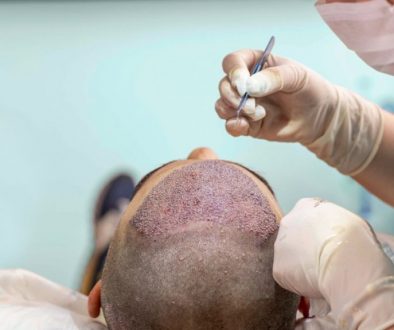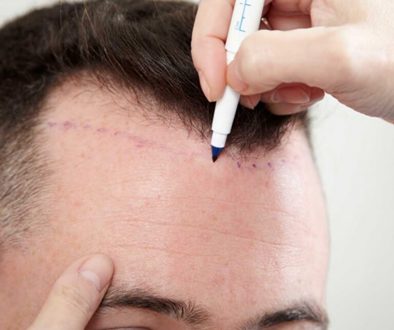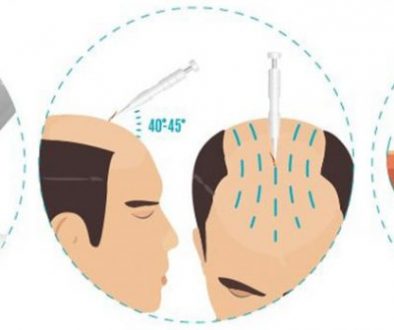The Real Causes of Hair Loss and Various Hair Loss Myths
 If you are balding, you may be seeking a treatment that really works to stimulate hair regrowth. But finding a proper hair loss treatment means first understanding the cause of your condition.
If you are balding, you may be seeking a treatment that really works to stimulate hair regrowth. But finding a proper hair loss treatment means first understanding the cause of your condition.
With so much information available online, how does one really know the real cause of hair loss? In our research, we have found a multitude of claims: some very legitimate and some preposterous ones. Proposed causes of hair loss include genetics, stress, wearing a hat, smoking, drinking, masturbation, vigorous towel drying, certain medications, too much sex, not enough sex, weightlifting, etc.
But what is the real cause of your balding? Is it only one of these things or a combination? Which ones have some level of legitimacy and which ones are completely false?
Many of the causes listed above are hair loss myths and should be disregarded. Hats, smoking, drinking, masturbation, drying your hair, weightlifting, and sex or lack thereof do not cause men and women to go bald.
The most common type of hair loss, referred to as androgenic alopecia (female and male pattern baldness), is caused by genes alone. Hair follicles affected by these genes make them vulnerable to a hormone called DHT which is found more abundantly in men but women too. As DHT attacks hair follicles that are genetically predisposed, they miniaturize and eventually die. Learn about real hair loss treatment options for genetic balding.
In certain extreme cases, traumatic stress, certain medications, scalp conditions, hormonal changes in the body, an iron deficiency, and thyroid conditions can cause a type of non-genetic baldness referred to as diffuse alopecia. In most cases, treating the condition causing the loss will facilitate new hair growth.
There are also other types of non-genetic hair loss including but not limited to: alopecia areata (random bald patches of the scalp and or body), alopecia universalis (a total loss of hair all over the head, face, and body), traction alopecia (a loss of hair from excessive pulling or tugging on the hair), etc. If you suspect you are suffering from non-genetic baldness, you are encouraged to consult with a dermatologist who can determine its cause and recommend a proper treatment.
Bill
Associate Publisher
Technorati Tags: balding, hair regrowth, hair loss treatment, hair loss, balding, bald, androgenic alopecia, male pattern baldness, DHT, baldness, diffuse alopecia, hair growth, alopecia areata, alopecia universalis, traction alopecia



